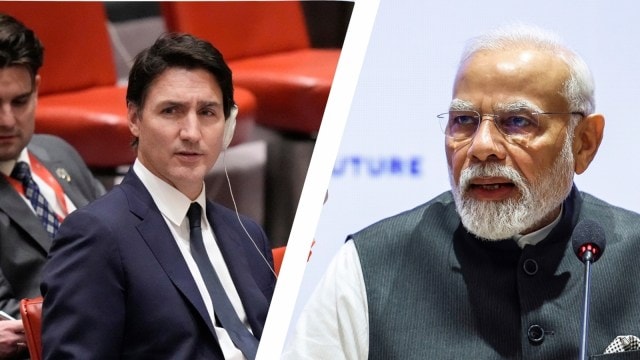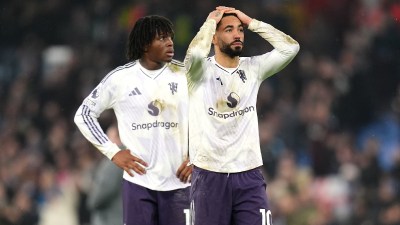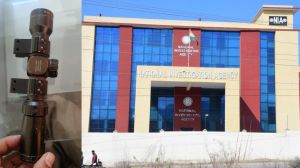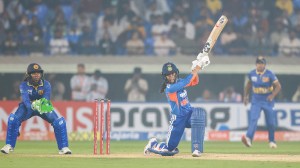
Canada is due for elections next year and Prime Minister Justin Trudeau is sliding in domestic polls facing a restive caucus within his party.
However, even if there’s a change of guard — polls say Conservative leader Pierre Poilievre is ahead — it will be a challenge to walk back for whoever replaces Trudeau.
“Trudeau’s plan looks like a scorched-earth policy,” said an official. “On this issue, his political rivals have not been very harsh on him except calling out his mishandling of the relationship with India but he’s making it very hard for the next government to pick up the pieces.”
Some in the establishment here compare it to the “Imran Khan moment” in September 2018, when then Pakistan PM — now imprisoned — had targeted Prime Minister Narendra Modi by saying: “Disappointed at the arrogant & negative response by India to my call for resumption of the peace dialogue. However, all my life I have come across small men occupying big offices who do not have the vision to see the larger picture.”
Khan was responding to India calling off the foreign minister-level talks with Pakistan on the sidelines of the United Nations General Assembly (UNGA) in New York. That, for many in South Block, irrevocably ruptured ties between the two leaders.
Story continues below this ad
New Delhi views the latest statements by senior officials in Trudeau’s government tantamount to damaging the ties, beyond repair.
Officials say that making statements in Parliament makes it difficult for future governments to backtrack. When Nepal Prime Minister K P Sharma Oli took the boundary dispute issue to his country’s Parliament and released a new official map — that had Parliament’s approval — claiming Kalapani, Limpiyadhura and Lipulekh of Uttarakhand as part of its territory, it shrank the space for any future government in Kathmandu to retrace its steps.
India has maintained that Nepal’s new official map is “artificial” and unacceptable.
In Canada’s case, too, this allegation does more harm to the ties than anything so far.
Story continues below this ad
However, there is a growing realisation that the judicial process in Canada will continue and more such claims and allegations will be out in the public domain in the next few months.
In this context, officials here know they will have to be prepared for more such allegations to be countered.
With the US case related to separatist Gurpatwant Singh Pannun also hanging fire, New Delhi will face the question of “accountability” demanded by the US administration — irrespective of who wins on November 6.
While India has had a differential approach between US and Canada due to the power dynamics in the two relationships, the US administration has so far been much more careful about going public — it has let the US federal prosecutors do the talking through legal summons and indictments.
Story continues below this ad
In contrast, Canada’s government — at the level of Trudeau and now Deputy Foreign Minister — has gone public in naming the Indian government and its officials.








































